
Claudia Ringler
Director, Natural Resources and Resilience (NRR), Natural
Resources and Resilience

Back
With research staff from more than 60 countries, and offices across the globe, IFPRI provides research-based policy solutions to sustainably reduce poverty and end hunger and malnutrition in developing countries.

researcher spotlight
Emily Schmidt is a Senior Research Fellow in the Development Strategies and Governance Unit. Her most recent research explores household livelihood strategies in Papua New Guinea, including linkages between agriculture, poverty, and nutrition outcomes among rural smallholder farmers.

Back
Since 1975, IFPRI’s research has been informing policies and development programs to improve food security, nutrition, and livelihoods around the world.

Back
IFPRI currently has more than 600 employees working in over 80 countries with a wide range of local, national, and international partners.
The world’s natural resources provide food, water, fuel, fiber, and many other ecosystem services to society. Agriculture and food systems depend on healthy ecosystems and natural resources, but these resources face rising pressure from unsustainable production practices, population growth, and climate change. Additionally, food systems account for one-third of all greenhouse gas (GHG) emissions, consume an estimated 85 percent of global freshwater withdrawals, and drive the loss of biodiversity and natural ecosystems.
Natural ecosystems, such as wetlands and tropical forests, are declining in quality and functioning, due to population growth, climate change, and poor management. Desertification, deforestation, overgrazing, salinization, soil erosion and biodiversity loss are on the rise, especially in low-income countries, with major impacts on the ecosystems underlying agrifood systems. The deterioration in vital natural resources and ecosystem services—from fertile soil to freshwater streams—has devastating impacts on the poor, who rely on these resources for much of their livelihoods, food, fuel, and clean water.
Current research
IFPRI conducts research on the incentives and institutions affecting the sustainable management of natural resources underlying agrifood systems and on the economics of ecosystem services and biodiversity. Work at the global and river basin level examines ways to reduce trade-offs in achieving goals for sustainable water, energy, and food security. This research is complemented by the development of policy innovations that can promote nature-based or nature-positive solutions, reduce costly and environmentally harmful practices, halt the loss of critical natural habitats or carbon sinks, and increase the use of clean energy.At the local level, IFPRI partners with NGOs and rural communities to design and test behavioral change interventions to strengthen collective action and self-governance. Participatory action research such as Living Labs for People that supports locally driven multi-actor innovation processes and transformative change can help empower women and vulnerable people most affected by resource scarcity and degradation in decision-making that affects their livelihoods.
IFPRI’s research on this topic is closely aligned with the Sustainable Development Goals (SDGs), including SDG 1, SDG 2, SDG 12, and SDG 15, and the CGIAR Impact Areas on Climate Adaptation and Mitigation; Environmental Health and Biodiversity; and Poverty Reduction, Livelihoods, and Jobs.
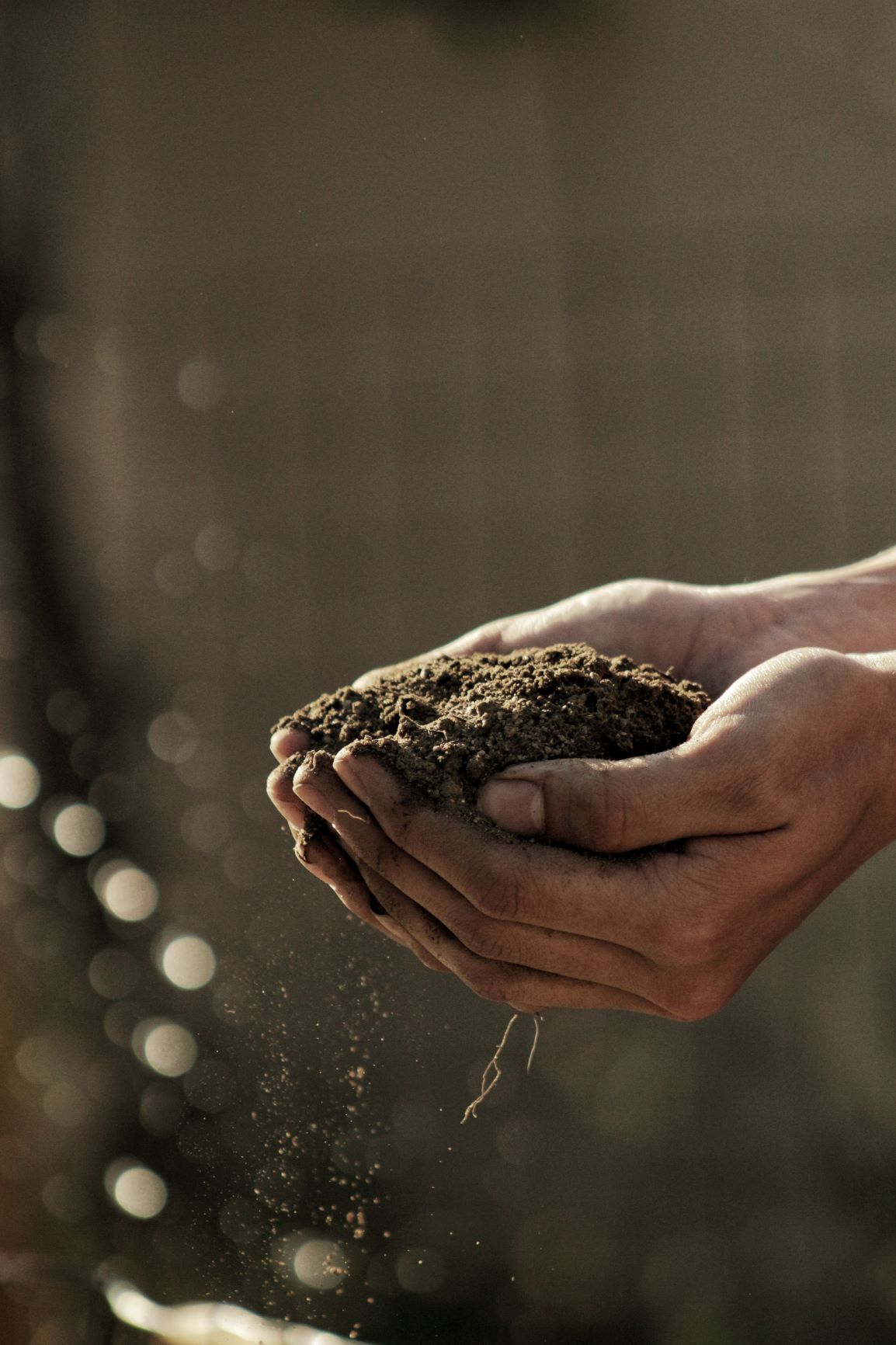
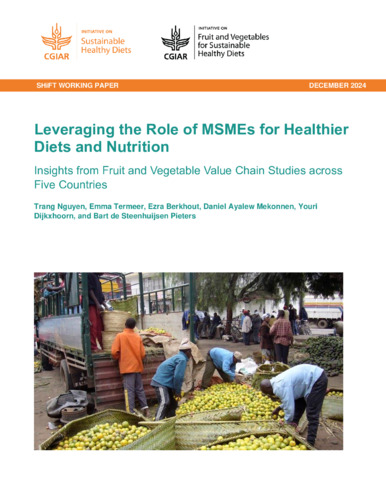
Working Paper
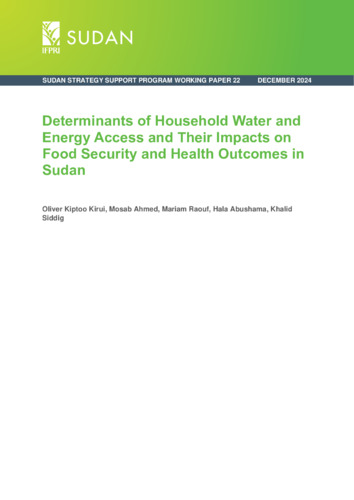
Working Paper
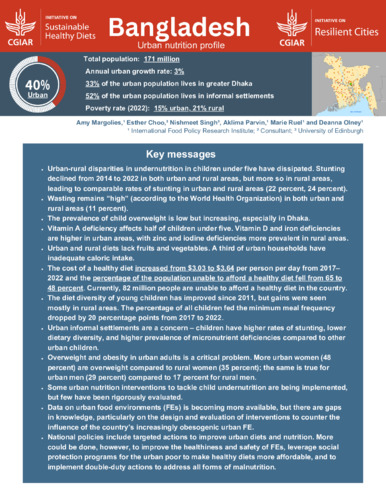
Report

Using machine learning to track land use.
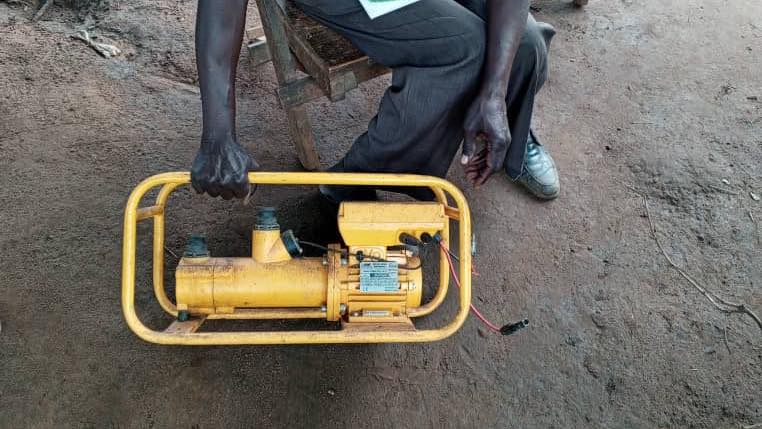
Helping smallholders build water security.
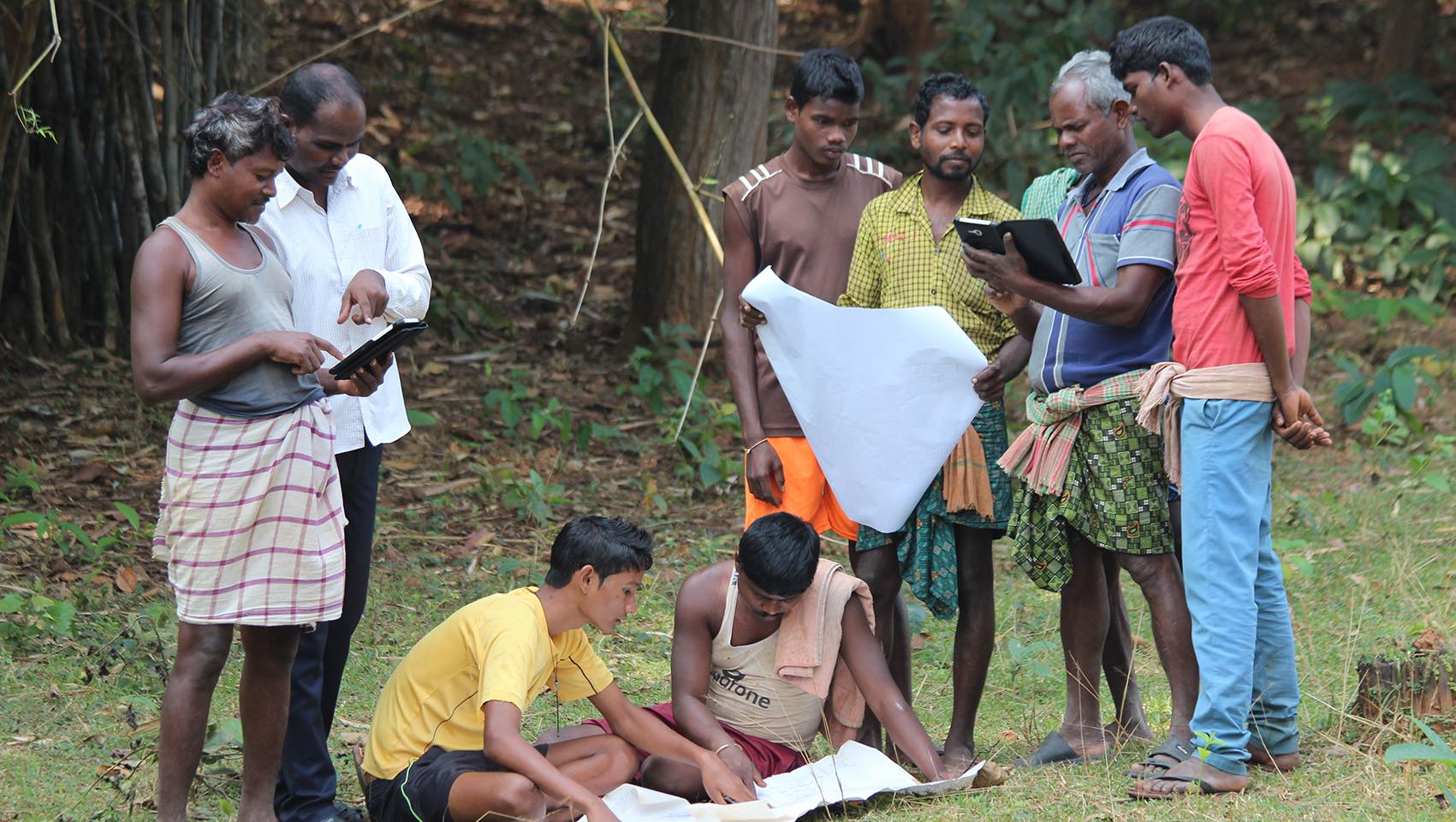
Advantages of “both/and” solutions.
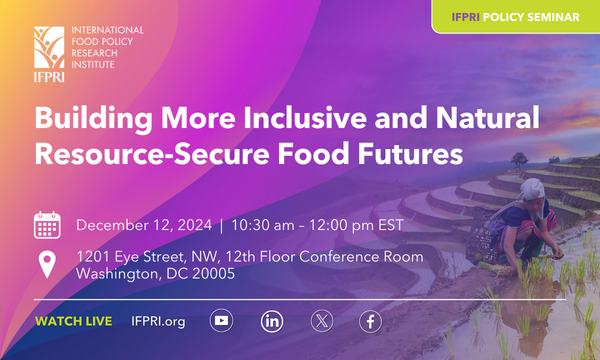
Throughout her career, Ruth Meinzen-Dick has made pathbreaking contributions to natural resource management and gender equity, drawing from her deep engagement with communities to improve understanding and measurement in these areas. Dr. Meinzen-Dick’s research encompasses land and water policy, property rights, collective action, and games for experiential learning, with a longstanding focus on improving equity. […]
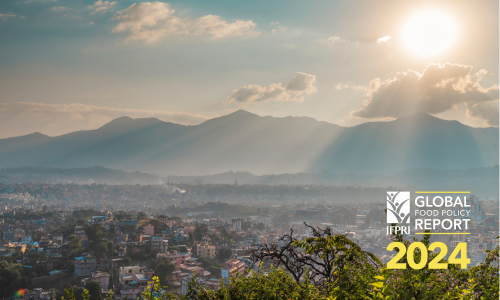
Despite significant progress in addressing hunger and undernutrition in the early 2000s, malnutrition, in all its forms, remains a major challenge in all regions of the world. Unhealthy diets remain the primary drivers of many forms of malnutrition, including undernutrition, overweight and obesity, micronutrient deficiencies, and diet- related noncommunicable diseases. Today, the number of people […]
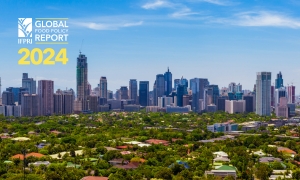
Click HERE to join the IFPRI-ADB Event on IFPRI’s 2024 GFPR on July 18, 2024 from 10:00am to 11:00am Manila time (GMT+8) / July 17, 2024 from 10:00pm to 11:00pm Washington, DC time (EDT). This event, co-organized by the Asian Development Bank and the International Food Policy Research Institute (IFPRI) will present an overview of […]
IFPRI, CGIAR NEXUS Gains Initiative, and Uganda’s National Agricultural Research Organization undertake a long-term, gender-disaggregated soil health survey in Uganda.
A new study published today in Nature Sustainability, reaffirms the world’s growing dependence on depleting groundwater systems.
VoxDev published a research-based commentary by Tanguy Bernard (Professor of Economics, University of Bordeaux; Senior Research Fellow, IFPRI), Sylvie Lambert (Chaired Professor, Paris School of Economics), Karen Macours (Professor, Paris School of Economics), and Margaux Vinez (Senior Economist, World Bank) looking at how promoting modern seed varieties accelerated the deforestation of primary forest in the Democratic Republic of Congo. […]

Director, Natural Resources and Resilience (NRR), Natural
Resources and Resilience

Director, Innovation Policy and Scaling (IPS), Innovation
Policy and Scaling
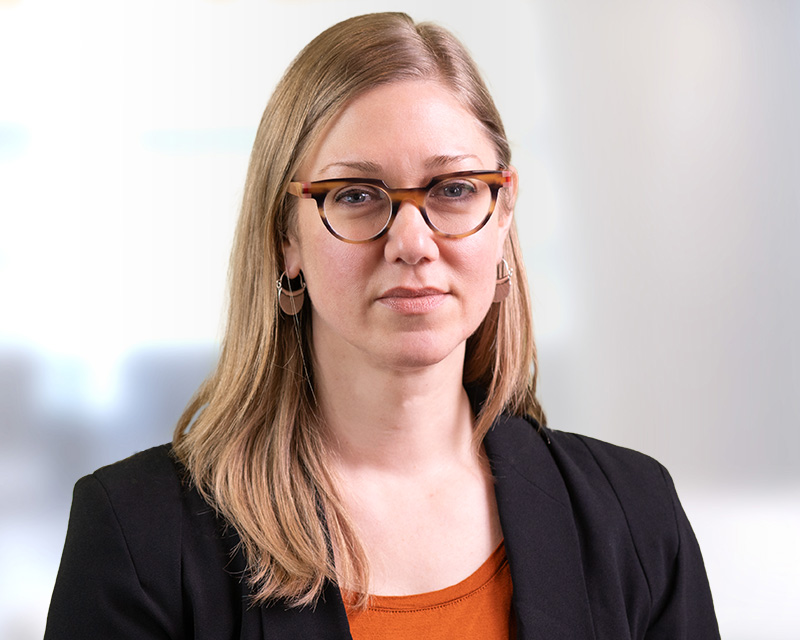
Research Fellow, Natural
Resources and Resilience

Research Fellow Emeritus, Director
General's Office (DGO)

Research Fellow Emeritus, Director
General's Office (DGO)

Senior Research Fellow, Development
Strategies and Governance

Senior Scientist, Foresight
and Policy Modeling

Program Manager, Development
Strategies and Governance

Program Manager, Markets,
Trade, and Institutions

Nonresident Fellow, Natural
Resources and Resilience

Nonresident Fellow, Natural
Resources and Resilience

Senior Research Analyst, Natural
Resources and Resilience

Research Coordinator, Innovation
Policy and Scaling
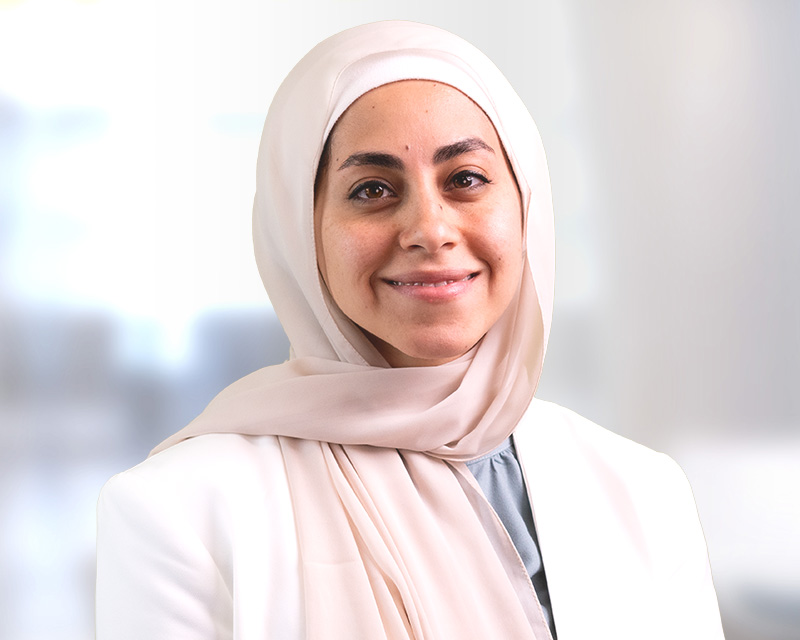
Senior Research Analyst, Natural
Resources and Resilience

Senior Research Analyst, Natural
Resources and Resilience

Senior Research Analyst, Poverty,
Gender, and Inclusion